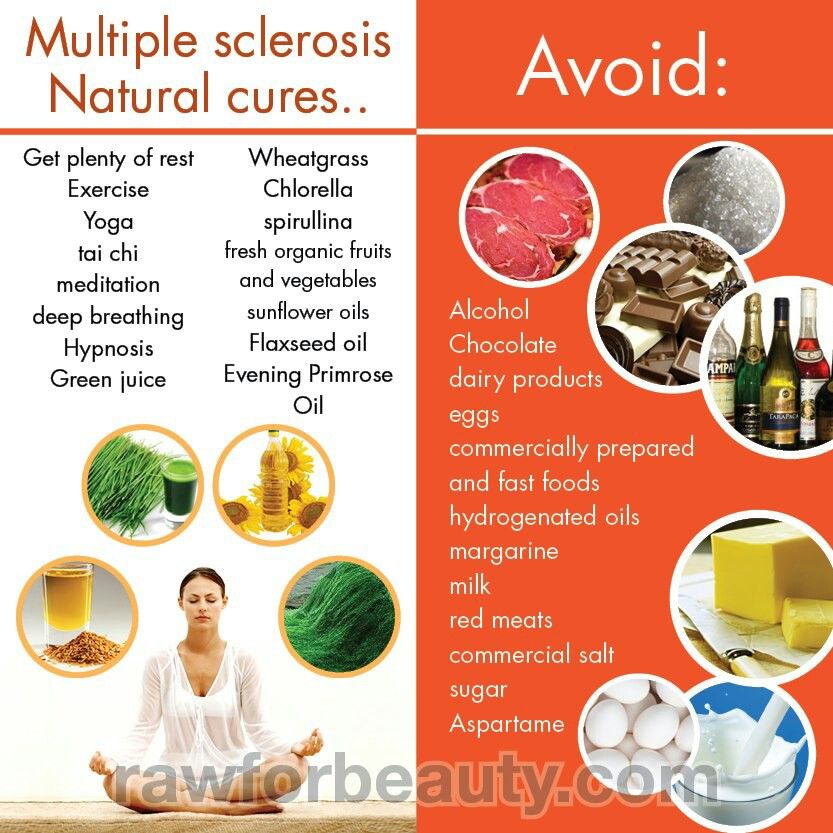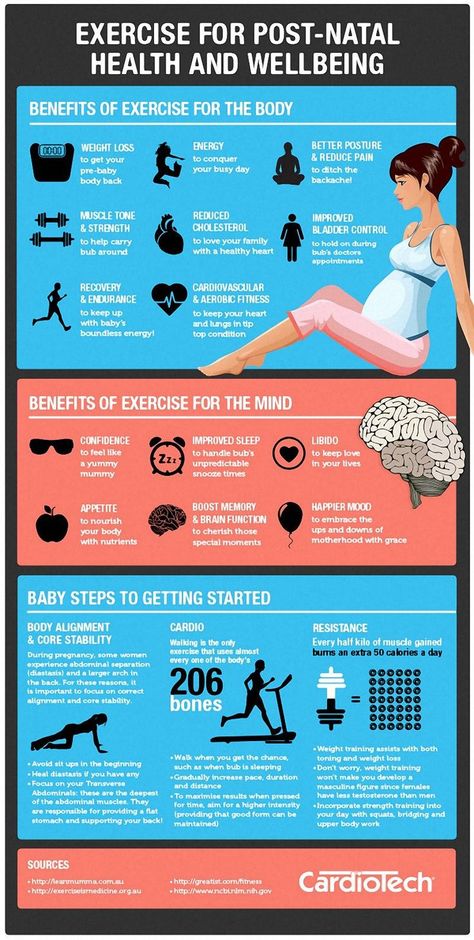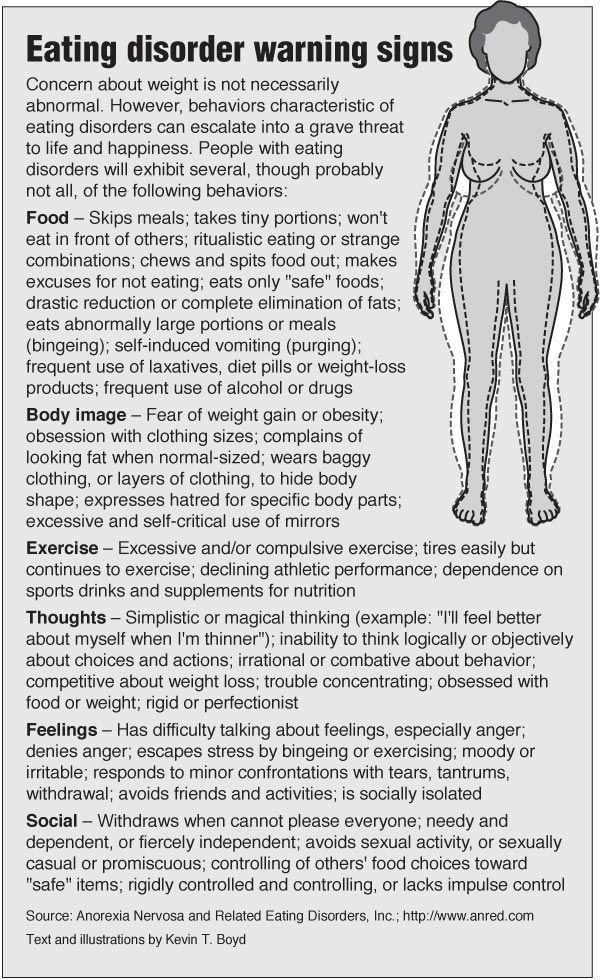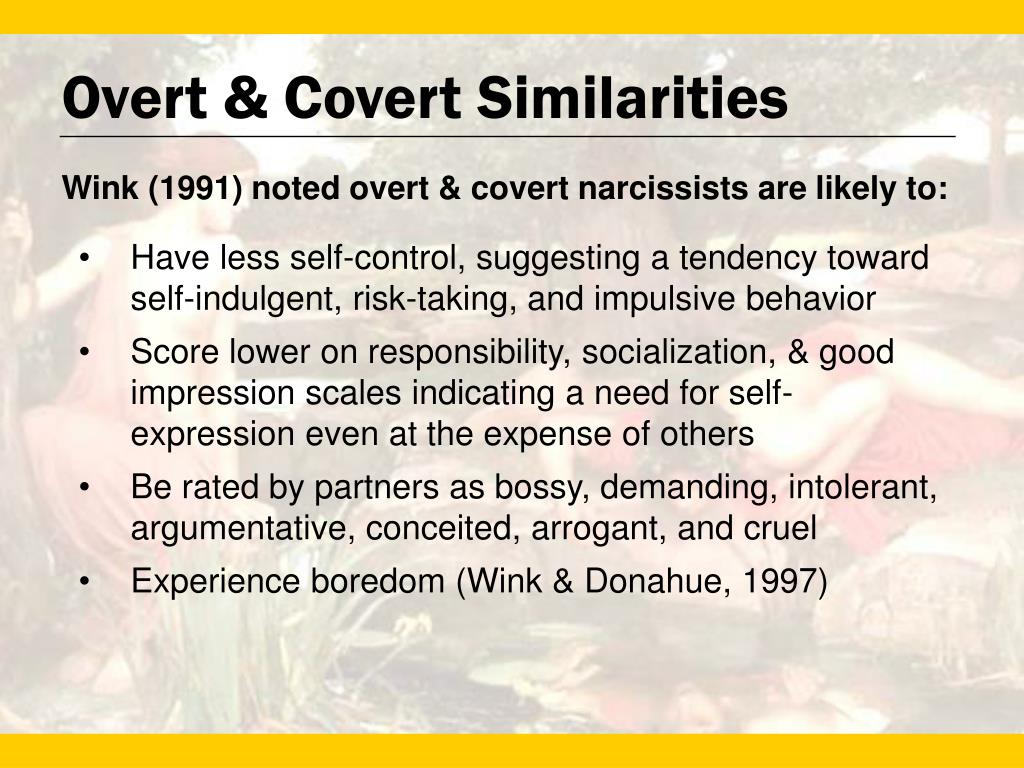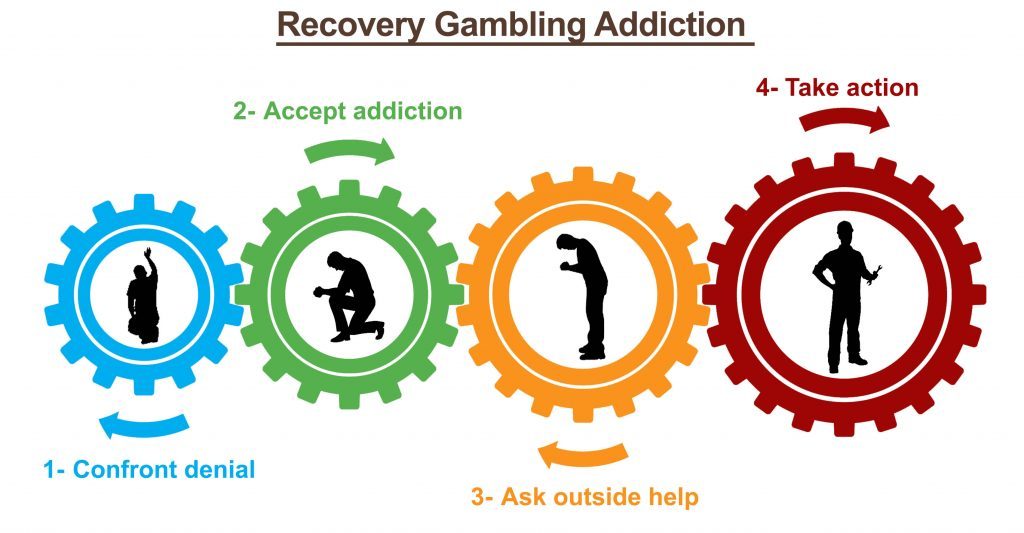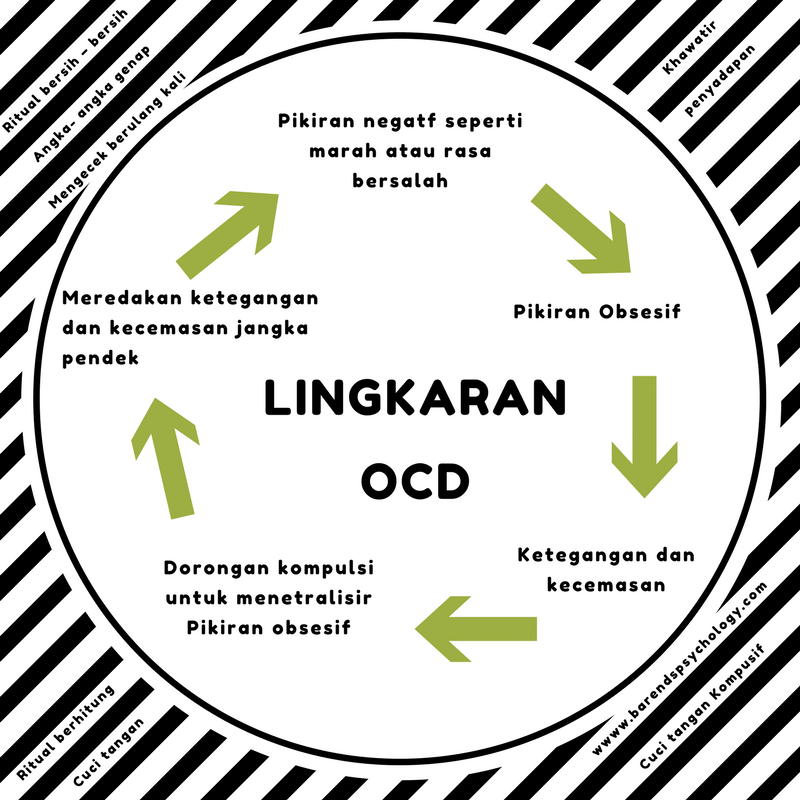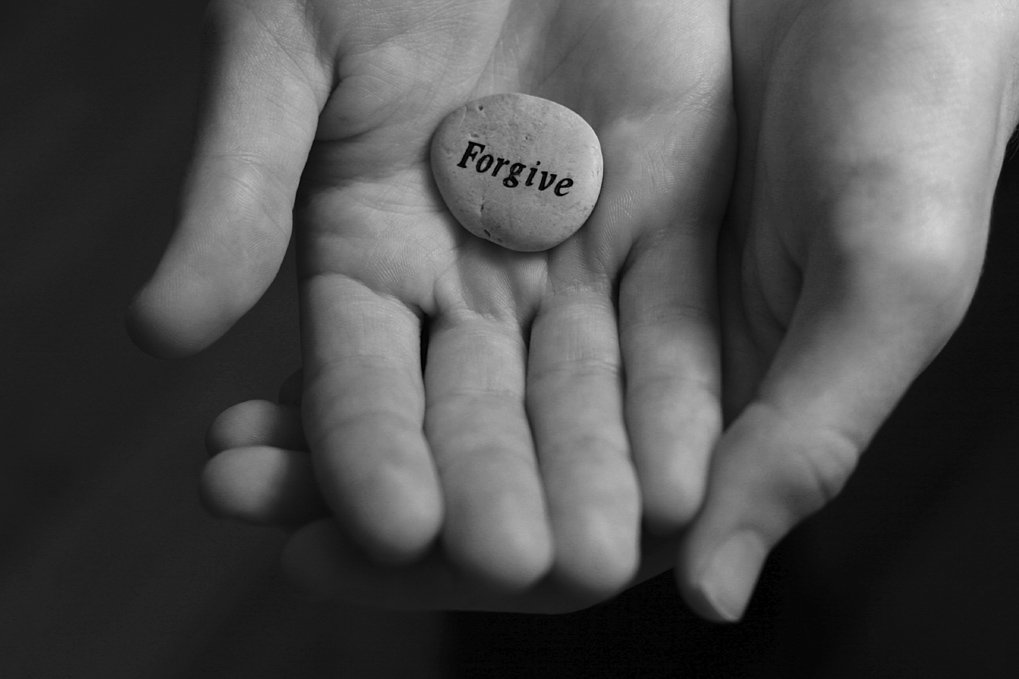Natural stress cures
10 natural remedies for reducing anxiety and stress
Many people have chronic stress and anxiety. They face symptoms such as nervousness, agitation, tension, a racing heart, and chest pain.
Anxiety is among the most common of mental health issues. In the United States, more than 19% of adults are affected by anxiety disorders yearly.
In some cases, another health condition, such as an overactive thyroid, can lead to an anxiety disorder. Getting an accurate diagnosis can ensure that a person receives the best treatment.
In this article, learn about a wide range of natural and home remedies that can help with stress and anxiety.
Natural remedies are generally safe to use alongside more conventional medical therapies.
However, alterations to the diet and some natural supplements can change the way antianxiety medications work, so it is essential to consult a doctor before trying these solutions. The doctor may also be able to recommend other natural remedies.
1. Exercise
Studies show that physical exercise can help reduce anxiety symptoms. Limited research also suggests that high intensity exercise may be more effective than low intensity regimens.
Exercise may also help with anxiety caused by stressful circumstances. Results of a 2016 study, for example, suggest that exercise can benefit people with anxiety related to quitting smoking.
Learn more about the mental health benefits of exercise here.
2. Meditation
Meditation can help to slow racing thoughts, making it easier to manage stress and anxiety. A wide range of meditation styles, including mindfulness and meditation during yoga, may help.
Learn more about meditation here.
3. Relaxation exercises
Some people unconsciously tense their muscles in response to anxiety. Progressive relaxation exercises can help to alleviate this tension and reduce stress.
Learn more about breath management exercises here.
4. Journaling
Finding a way to express anxiety can make it feel more manageable.
Some research suggests that journaling and other forms of writing can help people to cope better with anxiety. For example, a 2018 study found that emotion-based journaling may reduce mental distress and improve overall well-being.
Learn more about journaling for anxiety here.
5. Time management strategies
Some people feel anxious if they have too many commitments at once. These may involve family, work, and health-related activities. Having a plan for the next necessary action can help keep this anxiety at bay.
Effective time management strategies can help people reduce anxiety. Some people also find that breaking major projects down into manageable steps can help them to accomplish those tasks with less stress.
6. Aromatherapy
Smelling soothing plant essential oils can help to ease stress and anxiety. Certain scents work better for some people than others, so consider experimenting with various options.
Limited research suggests that lavender may be especially helpful in treating anxiety disorders.
Learn more about aromatherapy here.
7. Cannabidiol oil
Cannabidiol (CBD) oil is a derivative of the cannabis plant. Unlike other forms of cannabis, CBD oil does not contain tetrahydrocannabinol, or THC, which is the substance that creates a “high.” CBD oil may help treat anxiety, but there is insufficient evidence to confirm or deny its medicinal benefit.
CBD oil is readily available without a prescription in many alternative healthcare shops. In areas where medical cannabis is legal, doctors may also be able to prescribe the oil.
Visit our dedicated CBD hub here.
8. Herbal teas
Many herbal teas promise to help with anxiety and ease sleep. Some people find making and drinking tea soothing, but some teas may have a more direct effect on the brain that results in reduced anxiety.
Results of a small 2018 trial suggest that chamomile can alter cortisol levels, a stress hormone.
Discover the other benefits of chamomile tea here.
9.
 Herbal supplements
Herbal supplementsLike herbal teas, many herbal supplements claim to reduce anxiety. However, little scientific evidence supports these claims.
It is vital to work with a doctor knowledgeable about herbal supplements and their potential interactions with other drugs.
Learn more about herbal supplements for anxiety here.
10. Time with animals
Pets offer companionship, love, and support. Research in 2018 confirmed that pets can be beneficial to people with a variety of mental health issues, including anxiety.
While many people prefer cats, dogs, and other small mammals, people with allergies will be pleased to learn that the pet does not have to be furry to provide support.
Learn more about animal therapy here.
Anxiety that is chronic or interferes with a person’s ability to function warrants treatment.
When there is no underlying medical condition, such as a thyroid problem, therapy is the most popular form of treatment.
Therapy can help a person to understand what triggers their anxiety.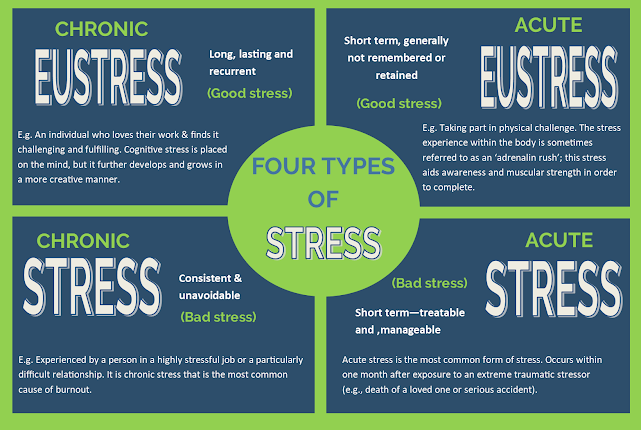 It can also help with making positive lifestyle changes and working through trauma.
It can also help with making positive lifestyle changes and working through trauma.
One of the most effective therapies for anxiety is cognitive behavioral therapy (CBT). The goal is to help a person understand how their thoughts affect their emotions and behavior and to replace those reactions with positive or constructive alternatives.
CBT can help with generalized anxiety and anxiety relating to a specific issue, such as work or an instance of trauma.
Medication can also help a person to manage chronic anxiety. A doctor may prescribe medications from any of the following groups:
- antianxiety drugs called benzodiazepines, including Xanax and Valium
- antidepressants called selective serotonin reuptake inhibitors (SSRIs)
- sleeping medications, if anxiety interferes with sleep
People should follow the doctor’s instructions when using these drugs, as they can have severe and possibly life threatening adverse effects.
Natural anxiety remedies can replace or complement traditional treatments.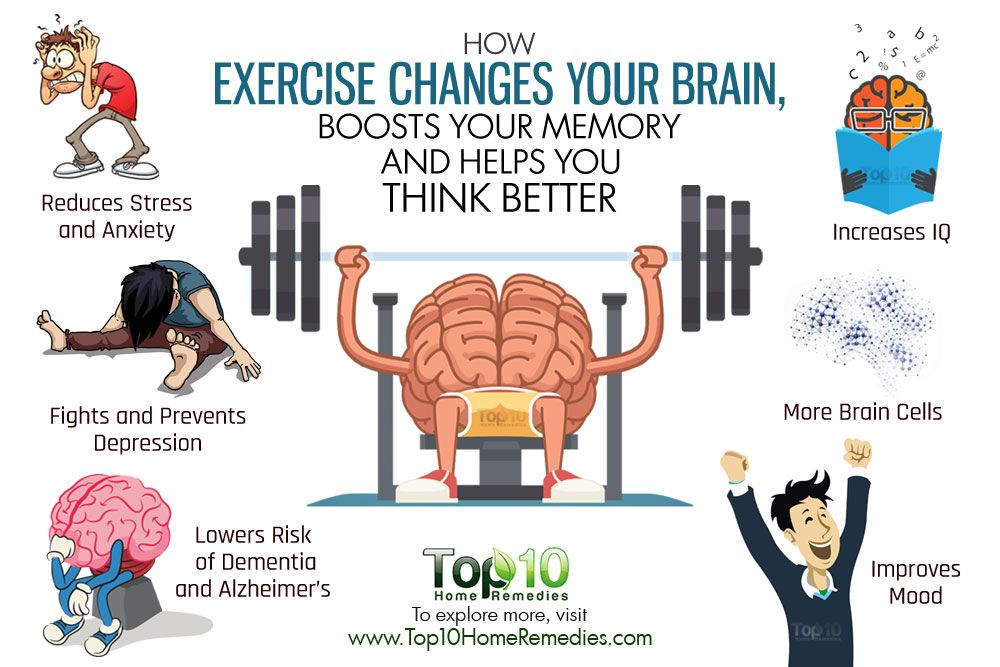
Untreated anxiety can worsen and cause more stress in a person’s life. However, anxiety is highly treatable with therapy, natural remedies, lifestyle changes, and medications.
A person may need to try several combinations of therapies and remedies before finding one that works. A doctor can help a person determine which options are best.
Read the article in Spanish.
10 natural remedies for reducing anxiety and stress
Many people have chronic stress and anxiety. They face symptoms such as nervousness, agitation, tension, a racing heart, and chest pain.
Anxiety is among the most common of mental health issues. In the United States, more than 19% of adults are affected by anxiety disorders yearly.
In some cases, another health condition, such as an overactive thyroid, can lead to an anxiety disorder. Getting an accurate diagnosis can ensure that a person receives the best treatment.
In this article, learn about a wide range of natural and home remedies that can help with stress and anxiety.
Natural remedies are generally safe to use alongside more conventional medical therapies.
However, alterations to the diet and some natural supplements can change the way antianxiety medications work, so it is essential to consult a doctor before trying these solutions. The doctor may also be able to recommend other natural remedies.
1. Exercise
Studies show that physical exercise can help reduce anxiety symptoms. Limited research also suggests that high intensity exercise may be more effective than low intensity regimens.
Exercise may also help with anxiety caused by stressful circumstances. Results of a 2016 study, for example, suggest that exercise can benefit people with anxiety related to quitting smoking.
Learn more about the mental health benefits of exercise here.
2. Meditation
Meditation can help to slow racing thoughts, making it easier to manage stress and anxiety. A wide range of meditation styles, including mindfulness and meditation during yoga, may help.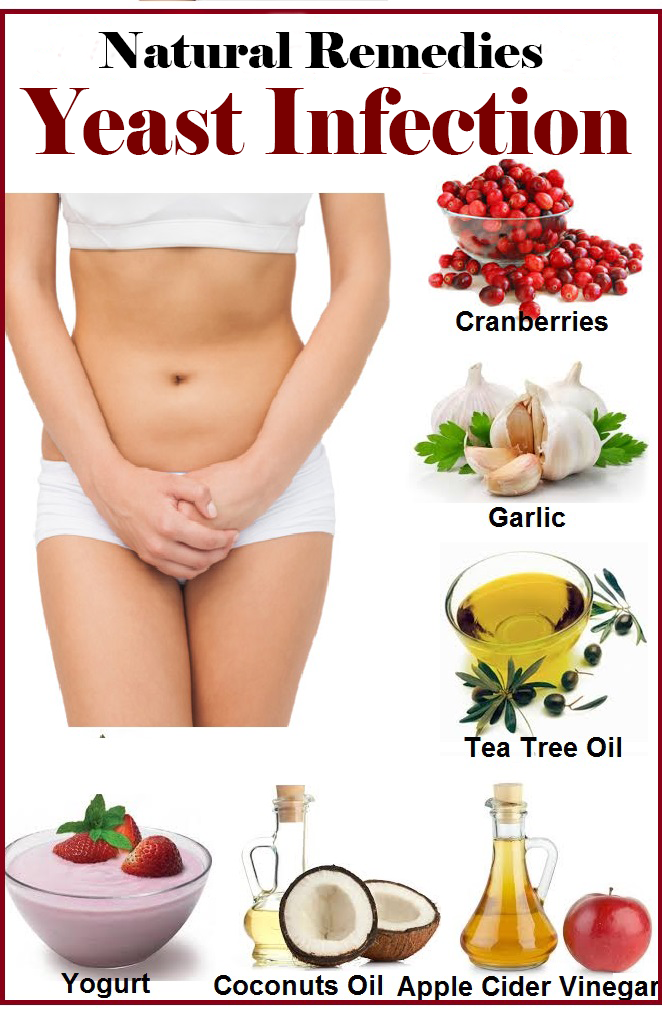
Learn more about meditation here.
3. Relaxation exercises
Some people unconsciously tense their muscles in response to anxiety. Progressive relaxation exercises can help to alleviate this tension and reduce stress.
Learn more about breath management exercises here.
4. Journaling
Finding a way to express anxiety can make it feel more manageable.
Some research suggests that journaling and other forms of writing can help people to cope better with anxiety. For example, a 2018 study found that emotion-based journaling may reduce mental distress and improve overall well-being.
Learn more about journaling for anxiety here.
5. Time management strategies
Some people feel anxious if they have too many commitments at once. These may involve family, work, and health-related activities. Having a plan for the next necessary action can help keep this anxiety at bay.
Effective time management strategies can help people reduce anxiety. Some people also find that breaking major projects down into manageable steps can help them to accomplish those tasks with less stress.
Some people also find that breaking major projects down into manageable steps can help them to accomplish those tasks with less stress.
6. Aromatherapy
Smelling soothing plant essential oils can help to ease stress and anxiety. Certain scents work better for some people than others, so consider experimenting with various options.
Limited research suggests that lavender may be especially helpful in treating anxiety disorders.
Learn more about aromatherapy here.
7. Cannabidiol oil
Cannabidiol (CBD) oil is a derivative of the cannabis plant. Unlike other forms of cannabis, CBD oil does not contain tetrahydrocannabinol, or THC, which is the substance that creates a “high.” CBD oil may help treat anxiety, but there is insufficient evidence to confirm or deny its medicinal benefit.
CBD oil is readily available without a prescription in many alternative healthcare shops. In areas where medical cannabis is legal, doctors may also be able to prescribe the oil.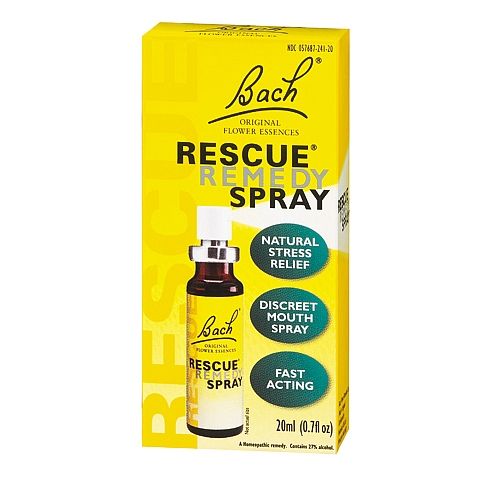
Visit our dedicated CBD hub here.
8. Herbal teas
Many herbal teas promise to help with anxiety and ease sleep. Some people find making and drinking tea soothing, but some teas may have a more direct effect on the brain that results in reduced anxiety.
Results of a small 2018 trial suggest that chamomile can alter cortisol levels, a stress hormone.
Discover the other benefits of chamomile tea here.
9. Herbal supplements
Like herbal teas, many herbal supplements claim to reduce anxiety. However, little scientific evidence supports these claims.
It is vital to work with a doctor knowledgeable about herbal supplements and their potential interactions with other drugs.
Learn more about herbal supplements for anxiety here.
10. Time with animals
Pets offer companionship, love, and support. Research in 2018 confirmed that pets can be beneficial to people with a variety of mental health issues, including anxiety.
While many people prefer cats, dogs, and other small mammals, people with allergies will be pleased to learn that the pet does not have to be furry to provide support.
Learn more about animal therapy here.
Anxiety that is chronic or interferes with a person’s ability to function warrants treatment.
When there is no underlying medical condition, such as a thyroid problem, therapy is the most popular form of treatment.
Therapy can help a person to understand what triggers their anxiety. It can also help with making positive lifestyle changes and working through trauma.
One of the most effective therapies for anxiety is cognitive behavioral therapy (CBT). The goal is to help a person understand how their thoughts affect their emotions and behavior and to replace those reactions with positive or constructive alternatives.
CBT can help with generalized anxiety and anxiety relating to a specific issue, such as work or an instance of trauma.
Medication can also help a person to manage chronic anxiety. A doctor may prescribe medications from any of the following groups:
- antianxiety drugs called benzodiazepines, including Xanax and Valium
- antidepressants called selective serotonin reuptake inhibitors (SSRIs)
- sleeping medications, if anxiety interferes with sleep
People should follow the doctor’s instructions when using these drugs, as they can have severe and possibly life threatening adverse effects.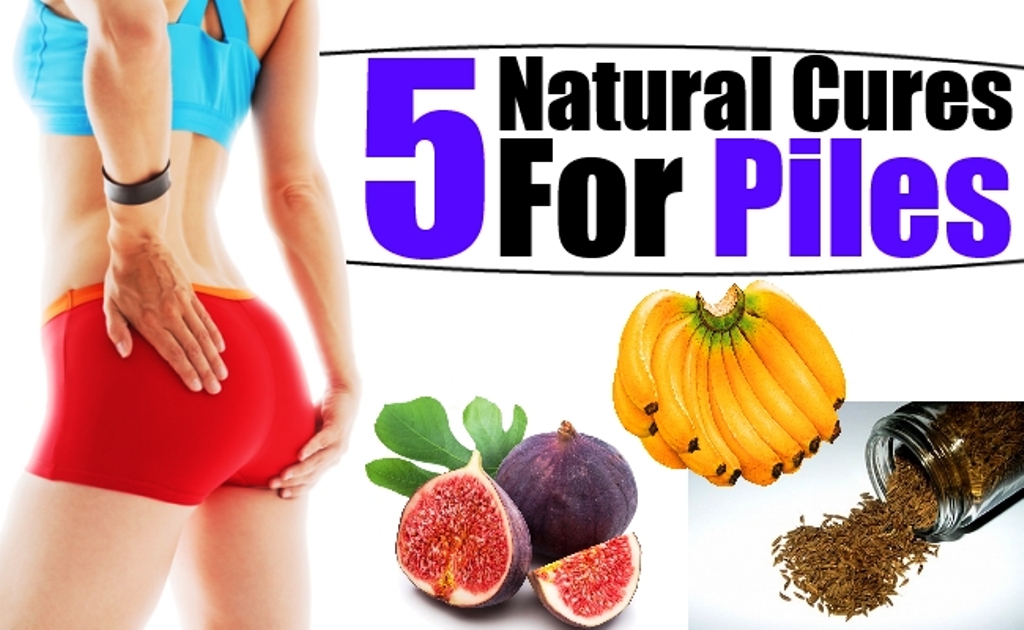
Natural anxiety remedies can replace or complement traditional treatments.
Untreated anxiety can worsen and cause more stress in a person’s life. However, anxiety is highly treatable with therapy, natural remedies, lifestyle changes, and medications.
A person may need to try several combinations of therapies and remedies before finding one that works. A doctor can help a person determine which options are best.
Read the article in Spanish.
Non-prescription sedative: natural sedatives for nerves, vitamins for the nervous system
Every day we face stress: difficulties at work, a suddenly broken phone, a difficult conversation or a quarrel with a loved one. Such events affect the nervous system and its functioning. The effects of stress are cumulative. After several failures, you are unlikely to notice changes in yourself, but after a few months of excessive nervous tension, the psyche will already begin to fail. Alena Stepanova, nutritionist, iHerb expert, tells what vitamins and other useful supplements can help and calm the nervous system.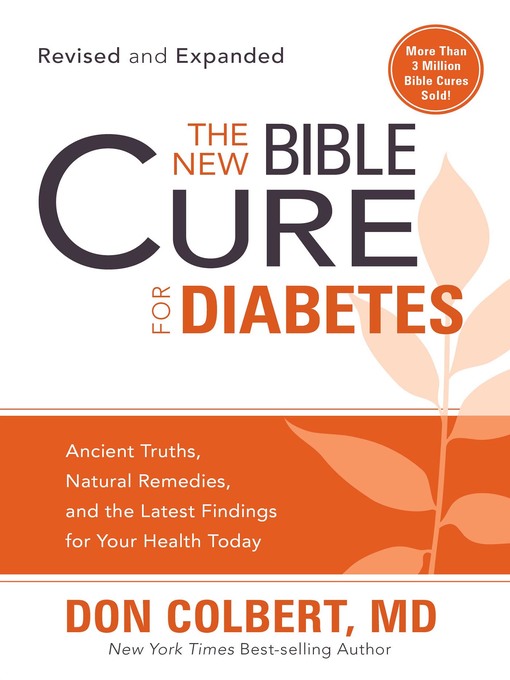
Stress: where it comes from
Stress is any effect on the nervous system, not necessarily associated with danger. Watching a movie or listening to music, studying, making friends, going to the store - everything is stressful, because it causes the neurons (nerve cells) in our body to exchange signals more actively and form new connections.
shutterstock.comAnd yet, in everyday life under stress, we often understand the negative manifestations of our brain stimulation: various events that require a quick reaction according to the “fight or flight” principle. And, if normal stress should help us stay focused and find ways out of the circumstances, with its excess, the nervous system begins to deplete. This leads to a decline in productivity, problems with mood and attention. Therefore, it is important to manage stress and keep your nerves healthy.
shutterstock.com
What to drink when you're nervous
Melatonin
You can't fight stress if you don't start sleeping properly.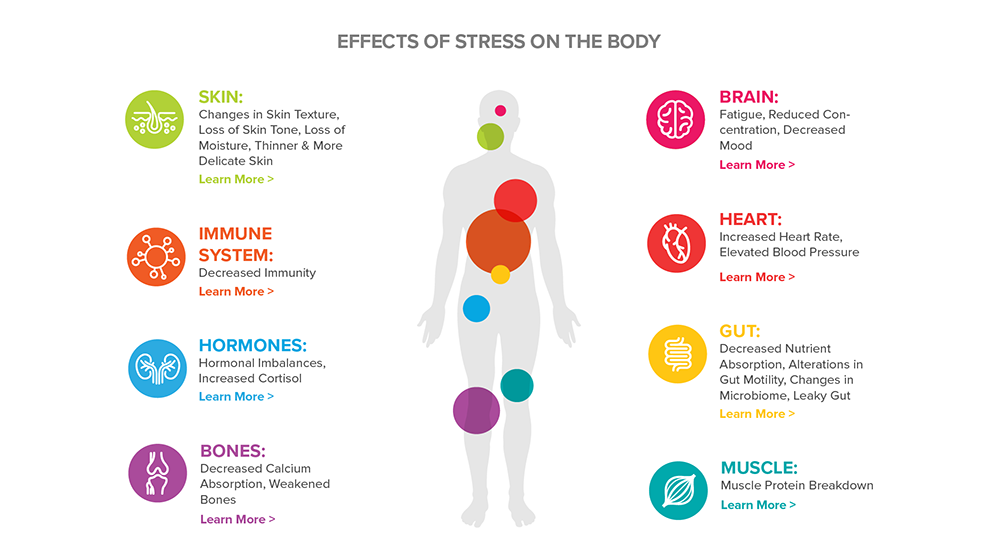 Good sleep is the key to the health of the entire nervous system. A person normally needs to sleep 7-9 hours for the proper functioning of the body, but many neglect this and work until late or surf the Internet. As a result, the brain and body do not have time to replenish resources, and the effect of stress increases.
Good sleep is the key to the health of the entire nervous system. A person normally needs to sleep 7-9 hours for the proper functioning of the body, but many neglect this and work until late or surf the Internet. As a result, the brain and body do not have time to replenish resources, and the effect of stress increases.
Accumulated stress has a negative effect on the quality of sleep: a person has difficulty falling asleep, or begins to wake up in the middle of the night. There is a vicious circle where lack of sleep provokes stress, and stress impairs sleep. Melatonin is a sleep hormone produced by our body. Its concentration rises in the evening, before going to bed, and falls in the morning, before waking up. Exogenous melatonin, which enters the body from outside, will help restore the normal sleep cycle. It will also help you sleep for the required 8 hours without premature awakenings. However, it should be taken no more than a week.
L-theanine
One of the components of tea, the content of which evaluates the benefits of the drink.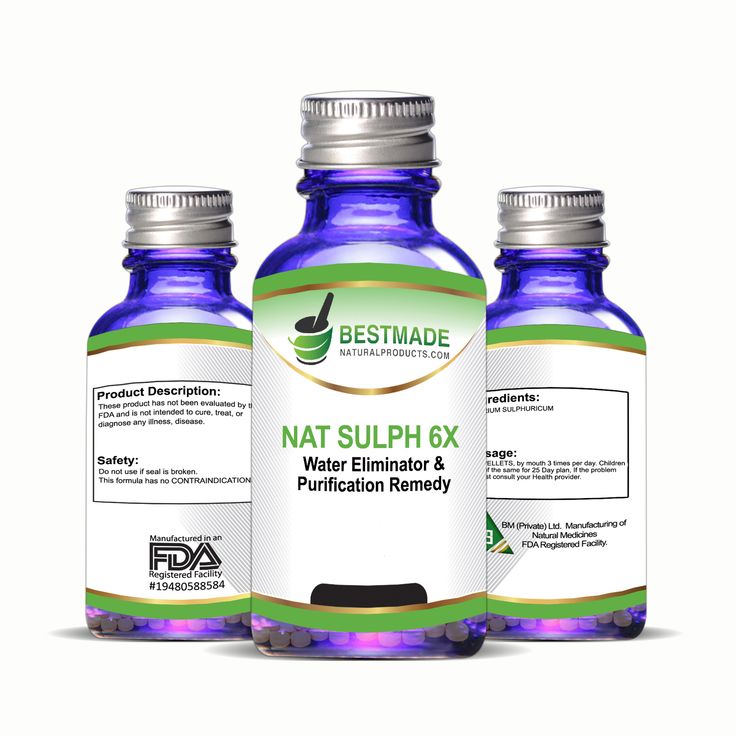
Theanine helps to relax and normalizes the cortisol content in the body, which is often called the stress hormone. As a result of taking a person, the manifestations of anxiety are reduced, while the ability to concentrate improves.
How not to bring yourself to a nervous breakdown
It is not enough just to solve the problems of accumulated stress. It is necessary to constantly maintain the nervous system in working order. In the conditions of the city, it is not always possible to do this on your own (healthy lifestyle and proper nutrition). Additionally, you can take:
B vitamins
These have earned the title of the most important vitamins for the nervous system, although many other organs need them too. B1 strengthens the nerves, calms, improves memory and concentration. B2 is involved in the production of new neurons (the common expression "nerve cells do not regenerate" is a myth). B3 improves blood flow to the brain and thereby nourishes the cells.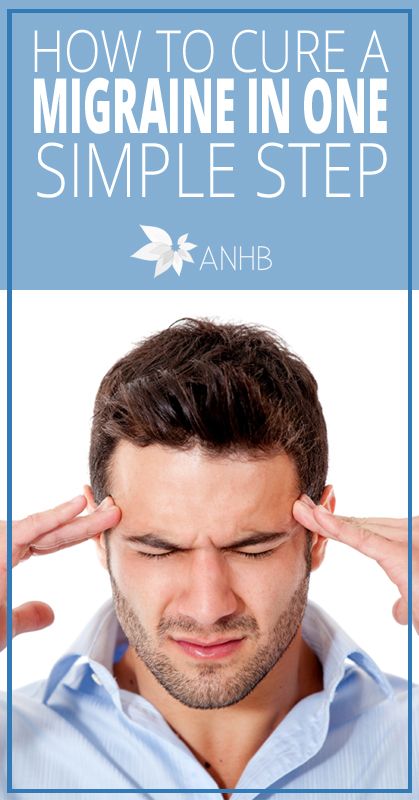 B6 is involved in the synthesis of serotonin, the hormone of happiness. B9 reduces anxiety.
B6 is involved in the synthesis of serotonin, the hormone of happiness. B9 reduces anxiety.
Vitamin C
Vitamin important for the whole body. It is a powerful antioxidant that strengthens and maintains the immune system, helps the nervous system cope with high loads and more easily tolerate stress. Vitamin deficiency can cause problems with the psychological state - up to nervous breakdowns.
shutterstock.comThe information is for reference only and is not suitable for self-diagnosis. Before you start taking supplements, you should consult with your doctor, if necessary, take tests so that the specialist determines which substances are missing in the body.
🏃🏽 More workouts, recipes and life hacks in our VK group, join us!
Soothing folk remedies - Therapeutic and diagnostic center Neuron (Taganrog)
Soothing folk remedies - Therapeutic and diagnostic center Neuron (Taganrog)- Home/
- Good to know/
- Medical advice/
- Calming folk remedies
Calming folk remedies
- Details
- Author: LDC Neuron
- Published: 08 November 2015
To combat increased nervousness and irritability, it is not necessary to run to the pharmacy and buy a bunch of modern medicines, you can successfully use non-drug sedatives related to traditional medicine. In other words, these are recipes that include the experience of many peoples and are based on centuries-old traditions. Increasingly, they can be read on the packaging of pharmaceuticals. After all, the effectiveness of such funds has been proven by studies of more than one millennium.
In other words, these are recipes that include the experience of many peoples and are based on centuries-old traditions. Increasingly, they can be read on the packaging of pharmaceuticals. After all, the effectiveness of such funds has been proven by studies of more than one millennium.
One of the first methods of traditional medicine is calming tea. The composition of such teas includes mint, sweet clover, valerian root, hawthorn flower and wild rose, calendula, chamomile, lemon balm and many other herbs. These herbs can be brewed individually or in combination with each other.
Tea recipes
- Take equal amounts of 2 tablespoons of dry rosehip and dry linden, pour 1 liter of water, bring to a boil. We insist on the hour.
- For 1 cup of boiling water - 1 tablespoon of valerian officinalis and the same amount of peppermint. Leave for about 20 minutes. It is advisable to strain the finished tea. Add sugar or honey if desired.
- In equal amounts we take St.
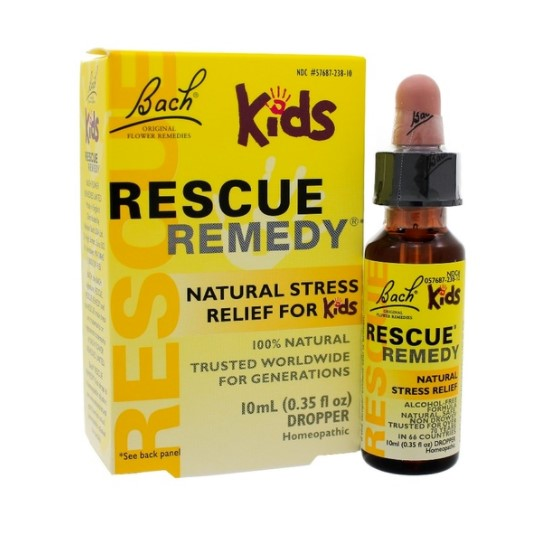 John's wort, linden blossom and lemon balm, 1 teaspoon each. Pour the whole mixture with boiling water, 2 cups, leave for 10 minutes, then add a little green tea, leave for a few more minutes. Can be sweetened with honey to taste.
John's wort, linden blossom and lemon balm, 1 teaspoon each. Pour the whole mixture with boiling water, 2 cups, leave for 10 minutes, then add a little green tea, leave for a few more minutes. Can be sweetened with honey to taste. - Motherwort and hop cone take 1 teaspoon each, pour boiling water, 2 cups, leave for 10 minutes. We filter at will. Add some honey or sugar.
Such teas do not have a negative effect on the human body. They are also good because they are excellent sedatives for children that can be given to babies (in limited quantities) without any consequences.
Herbal tinctures recipes
Herbal tinctures are very effective folk remedies.
- Valerian officinalis tincture: grind valerian root, add alcohol (70%), ingredient ratio 1:4. Leave for about a week. Then the tincture must be well filtered. Apply for sleep disorders, increased nervousness, disruption of the cardiovascular system.
- Tincture on motherwort: 1 tablespoon, dry, chopped motherwort pour ethyl alcohol (70%), 200 mm.
